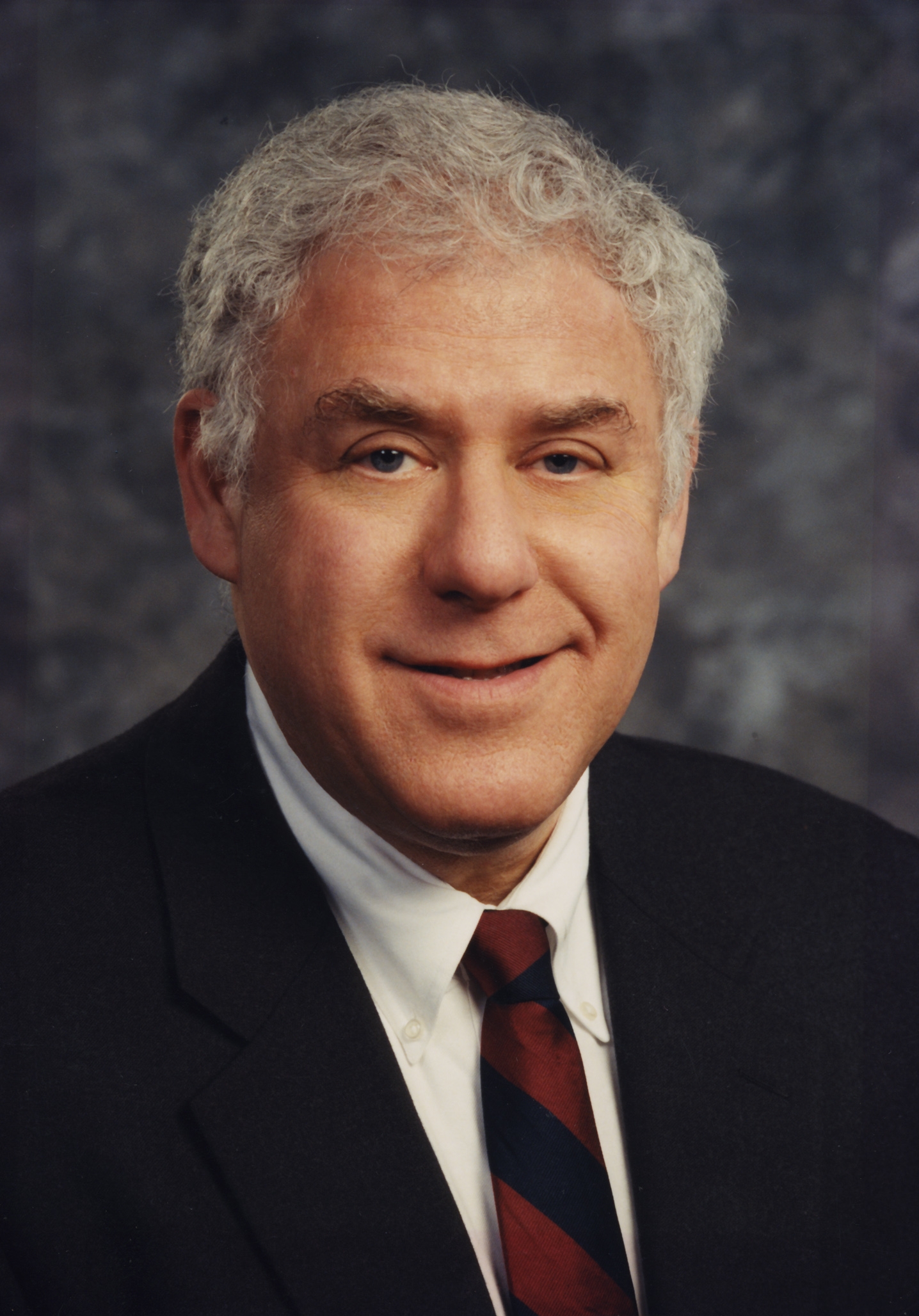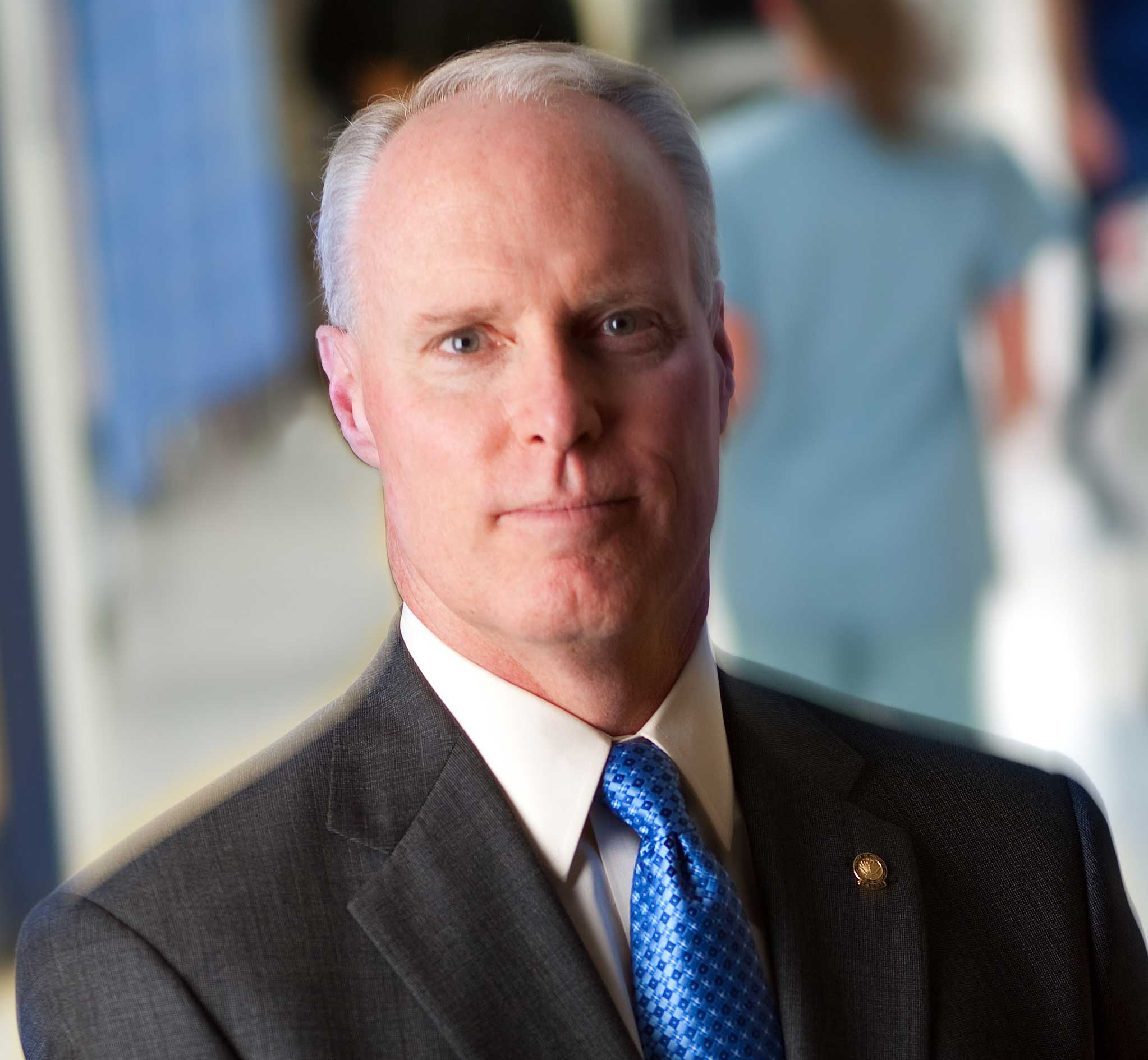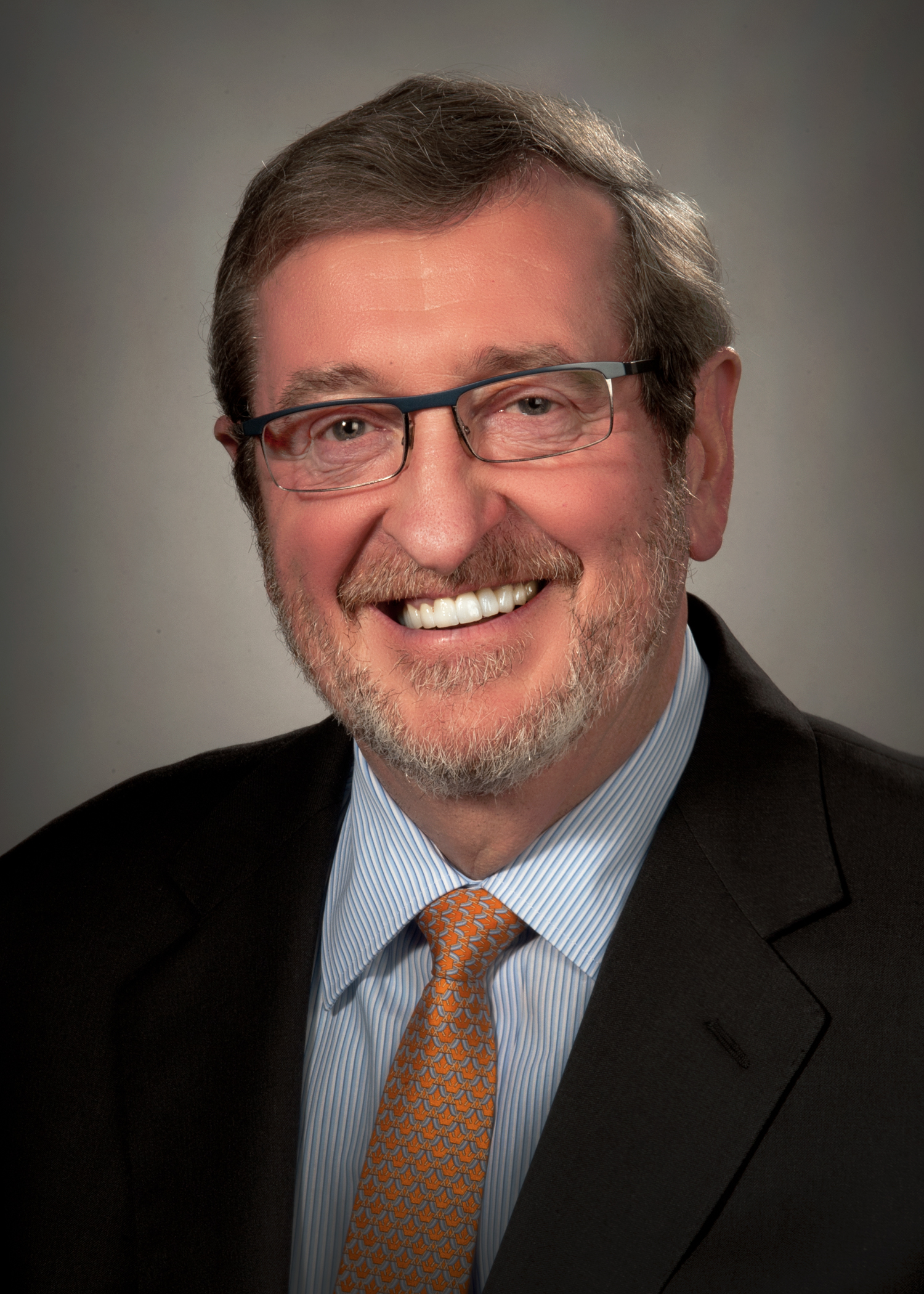Becker's Hospital Review asked three leaders from around the country to share the advice nobody told them before their first day as hospital and health system CEOs.
Respondents gave a variety of answers, ranging from the importance of communication, problem solving and accountability to preparing to meet healthcare's unpredictable and increasingly complex standards and regulations.
Steven Goldstein, CEO of Strong Memorial Hospital (Rochester, N.Y.). I never understood the range of problem solving I  would be involved in — the constant need for problem solving is an inherent part of the business. The amount of broad knowledge that's required in such a diverse set of subjects can be quite overwhelming. And while you're called upon to be involved in decision making, it can't be just you — there needs to be an organizational approach to listening and coming up with what is the right solution for the organization.
would be involved in — the constant need for problem solving is an inherent part of the business. The amount of broad knowledge that's required in such a diverse set of subjects can be quite overwhelming. And while you're called upon to be involved in decision making, it can't be just you — there needs to be an organizational approach to listening and coming up with what is the right solution for the organization.
Before I became a CEO, I didn't appreciate the fact that a CEO thinks about the job constantly. You're thinking about multiple institutions and your responsibilities to their communities literally all the time. It's truly a 15-hour-a-day, 7-day-a-week position. The question of a work-life balance has never been, for me, a very viable conversation, because this kinds of position requires your attention all of the time.
When I started, I also didn't appreciate the enormous responsibility that I would have to communicate, both in terms of written communication and the ability to speak to multiple audiences on numerous subjects in ways that articulate the goals and aspirations of the institution.
When I started as CEO, I didn’t appreciate that all of the forces of our society — economic, legal, human resources, medical, ethics, etc. — come to bear in managing a healthcare institution. You must be intellectually curious and have to constantly be aware of the challenges that your organization will face and help prepare the organization to meet them. At the same time, you have to understand you are not going to predict every crisis and issue. You must manage these in a way that instills confidence in the management team and how they confront issues.
Chris Van Gorder, president and CEO of Scripps Health (San Diego). Nobody told me how important it was to care for your people and earn their trust. Most healthcare CEOs are trained to focus on strategy, meeting budget targets, ensuring quality and achieving patient satisfaction — all extremely important, of course. But they don't realize that it's your people that accomplish that, and truly caring for and connecting with them makes everything else possible. As we move our organizations to a value-based care model, the cost of the delivery system becomes very important, and the number one expense in most, if not all, of our organizations is people.
Early on in my career — in my first CEO position — I took over a hospital already in bond-default. I had no choice but to initiate a layoff to keep the hospital open. Frankly, it was one of the most painful things I have ever done. I had worked in that hospital before and had worked side-by-side with many people I had to terminate. And many of those who lost their jobs had not done anything wrong — they cared for patients. It was at that time that I realized a layoff was, in many ways, a management failure. At Scripps, we have followed a "no layoff philosophy" for the past 15 years. It is much more difficult to significantly reduce costs without using the layoff tool. Yet, the rewards of having a staff that believes management will only use a layoff as a last result is amazing. Our no-layoff philosophy is one of the ways we show we care, especially in times of great change and financial pressure. The two-way trust we create is powerful and it aids in the willingness of staff to support change when they know their employment will remain secure. However, it also requires the leadership to look far ahead and proactively manage and anticipate changes well in advance. And that is very difficult in healthcare in the midst of constant change.
 It took me years to realize it is critical for a CEO to be very clear with accountability. It's very easy for those of us in healthcare to make excuses for lack of performance. Who knows what new changes are going to come down on us from Washington, D.C., or our states. It seems like every day, there is a new regulation or a new model of delivery dictated to providers, and the amount of surveys and inspections from multiple agencies can be overwhelming at times.
It took me years to realize it is critical for a CEO to be very clear with accountability. It's very easy for those of us in healthcare to make excuses for lack of performance. Who knows what new changes are going to come down on us from Washington, D.C., or our states. It seems like every day, there is a new regulation or a new model of delivery dictated to providers, and the amount of surveys and inspections from multiple agencies can be overwhelming at times.
I had already been a CEO for many years when I realized that I needed to build a culture of accountability for our organization to succeed and to be able to create a climate where staff, physicians and patients would flourish. So I developed a "three-legged stool" management model. The three legs are authority, responsibility and accountability. When leaders are appointed at Scripps, they understand that they will be given responsibility and authority but with that comes strict accountability. As a result, Scripps has been very successful over the past 15 years hitting its targets. I also learned that all targets must be clearly defined and measurable. Absent a culture of accountability and clear and well-defined goals, staff will fill the void by doing what they want to do versus what they have to do. But when there is a culture of accountability, staff will focus on the key operational objectives and perform magnificently. How many people have I terminated as a result of this culture and philosophy? None.
Nobody ever told me that being CEO really was a 24/7 job, 365 days of the year, with little privacy in an environment where every decision is scrutinized. But at the same time, nobody told me how rewarding it would be. I can't tell you how much I enjoy getting out of my office to visit a hospital department or ambulatory clinic and tour with staff and visit patients. There are few industries where the CEO can visit a trauma patient whose life was saved by our healthcare heroes.
Recently, I visited one of our ambulatory clinics and the staff waited outside to greet me with welcoming signs and placards. An elderly patient outside waiting to leave wanted to know what the ruckus was all about. He was told I was visiting. He said, "I'd like to meet the president of Scripps." So I went over to see him and he told me how long he had been coming to that particular clinic, how much he loved the staff and his physician, and how they were keeping him alive and healthy. He said, "You keep up the good work young man." Well, I'm not that young anymore and I did nothing to directly care for him, but I welled up with pride in the staff I have the honor of leading during these challenging times.
I toured, gave a 25-year employee her service award, did a Q&A with staff and walked away with cookies and a sign from the staff that is in my office today. I also received several notes from staff thanking me for my visit, which gave me one more opportunity to thank each of them for what they do for our patients and organization. Nobody told me how difficult it would be to care so much for those on the front-lines of my organization — but nobody told me how rewarding it would be either. My day ended with me shaking the hand of the security officer standing watch over the staff at that clinic — and it was my true honor to do so.
Michael J. Dowling, president and CEO of North Shore-LIJ Health System (Great Neck, N.Y.). First of all, nobody told me much of anything before I became CEO in 2002, but three areas where I have learned valuable lessons over the past 13 years relate  to the dedication of employees, the dramatic evolution of healthcare and ever-increasing government oversight.
to the dedication of employees, the dramatic evolution of healthcare and ever-increasing government oversight.
When I became CEO, I expected our employees to be caring and considerate, but their level of commitment and dedication has been much greater than I ever imagined. For me, it has reinforced the fact that working in healthcare is much more than a job — it's an honor and a privilege that carries with it a great degree of responsibility to the patients and family members we serve.
Perhaps the most unpredictable development of the past decade is how unbelievably complicated healthcare would become. We all knew healthcare was changing as we entered the new millennium, but nobody understood the degree to which healthcare would evolve. Navigating the complexity of how healthcare is accessed, delivered and financed has been the most rewarding challenge of my career — one that all healthcare leaders need to embrace as we transition to the health and wellness business, rather than just treating people when they're sick or injured.
Another development that few saw coming was government's growing addiction to micromanagement of healthcare. While all healthcare leaders recognize the importance of driving reforms that tie reimbursement to patient outcomes, the excessive regulation that we've seen within the industry has little to do with improving the quality of care. The level of government scrutiny that healthcare providers face far surpasses what's reasonable or justified.


